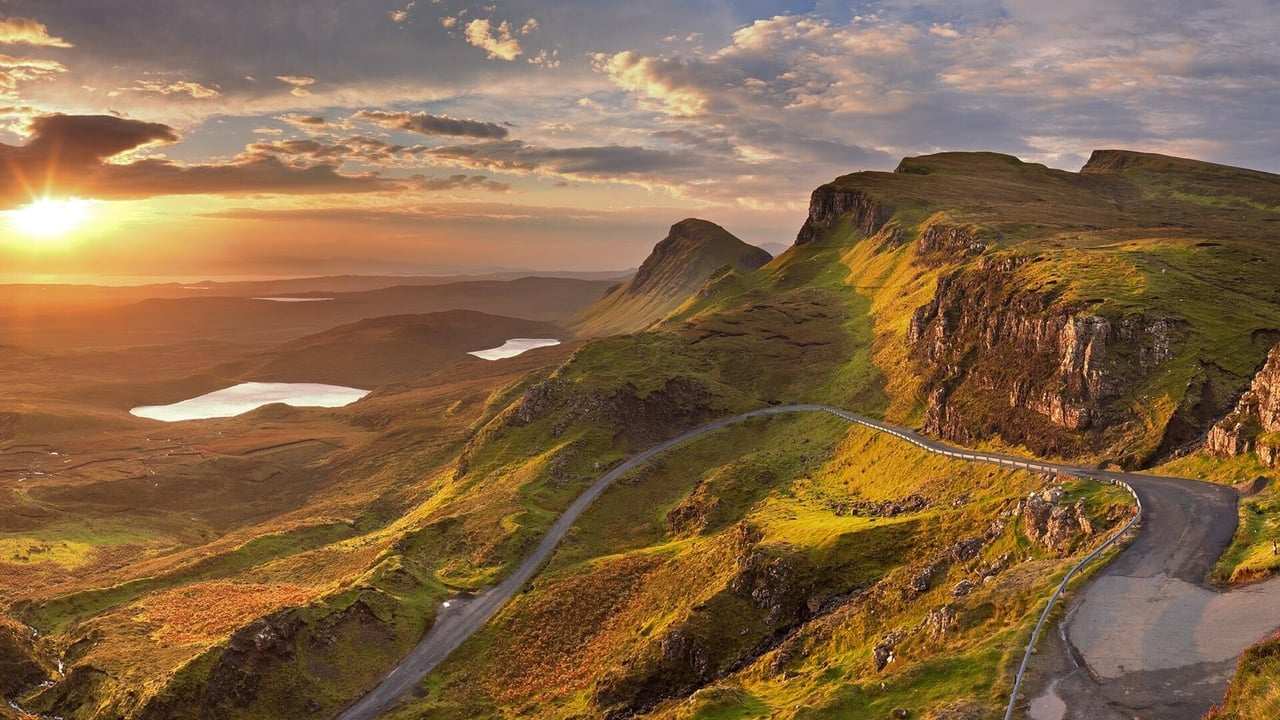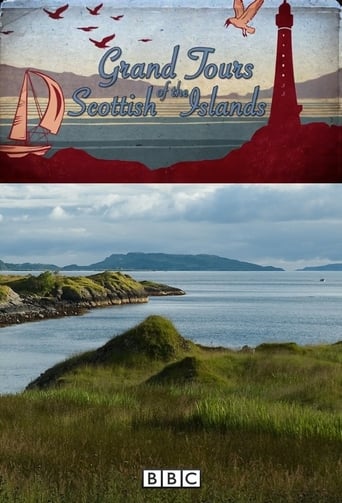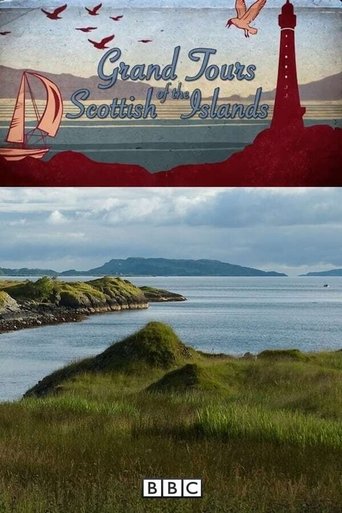Grand Tours of the Scottish Islands Season 2

Paul Murton sets out to experience island life today. He uncovers the past and reveals its connections with the present, pointing to the quirky, the surprising and the beautiful lying just offshore.
Watch NowWith 30 Day Free Trial!
Grand Tours of the Scottish Islands
2013


Paul Murton sets out to experience island life today. He uncovers the past and reveals its connections with the present, pointing to the quirky, the surprising and the beautiful lying just offshore.
Watch Trailer
Grand Tours of the Scottish Islands Season 2 Full Episode Guide
Paul Murton visits the islands of Coll and Tiree, which though just a few miles apart could not be more different. On Coll, he meets Nicolas Maclean Bristol, owner of Breachacha Castle, who can trace his ancestors on the island back to the 14th century. Tiree is one of the stormiest places in Europe, but is also one of the best places in Britain to surf and practise the relatively new sport of sand yachting, the racing of go-carts with a sail along the beach.
Paul Murton tours Outer Orkney, beginning at North Ronaldsay, which may be the most northerly of the Orkneys but turns out to be surprisingly easy to get to. Paul then hops across to Papa Stronsay, which is now populated by an order of monks who have chosen to make this isolated island their home, and ends on the island of Stroma in the Pentland Firth, a previously inhabited island that was abandoned in the 1950s. One of the last people to live there joins Paul to recall when it was still a thriving community.
Paul Murton explores a string of islands off the the west coast near Oban, visiting Kerrera, Seil and Eileach an Naoimh. The host travels on an original steam-powered puffer, finding out about the vital role such ships played in providing a link to the mainland, as well as visiting some of Scotland's oldest religious buildings.
Paul Murton visits Gigha and Jura, two islands of the Inner Hebrides which are only a few miles apart but could not be more different. He begins at the Achamore Gardens on Gigha, which were created in the 1930s by the malted-drink millionaire James Horlick. He loved Gigha's mild climate so much that he bought the island and made it his home. Today Gigha is owned by the community, and many of its residents are incomers attracted by the opportunity to begin a new island life on this small and fertile place. Where Gigha is small, lush and verdant, Jura is rugged and awe-inspiring. Despite being one of Scotland's largest islands, just 200 people live there - alongside more than 5,000 deer.
For this grand tour, Paul Murton is exploring the Isle of Mull and its satellite islands to discover why they have become boltholes from the hustle and bustle of the modern world. Beginning his journey on the tidal island of Erraid, which inspired famous Scottish writer Robert Louis Stevenson, Paul is then island-hopping to beautiful Ulva, the final resting place of Lachlan MacQuarrie, one of the first governors of New South Wales. MacQuarrie is known as the father of Australia, but Ulva is where this celebrated Scot was born and it is where he chose to be buried.
In this first episode of the new series, Paul Murton is travelling to the Outer Hebrides and the beautiful islands of Eriskay, Barra and Vatersay. Meeting local people on Eriskay he discovers how this island's remote location helped preserve a unique way of life for centuries and also allowed the locals to hide thousands of bottles of whisky from the excise men who came visiting when a ship laden with a valuable and thirst-quenching cargo ran aground here in 1941. This was one of the less sober chapters in the island's history and was the inspiration for the famous film 'Whisky Galore'. Moving onto Barra, Paul visits the only airport in the world where scheduled flights land on the beach, finds out about the island's tradition of crofting and goes foraging for cockles. Heading across the causeway to Vatersay, Paul joins local fishermen trawling for lobsters and ends his journey at spectacular Barra Head, which has been uninhabited for more than a hundred years.
Free Trial Channels
Seasons





























